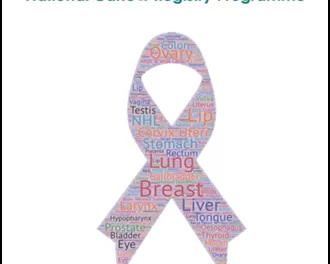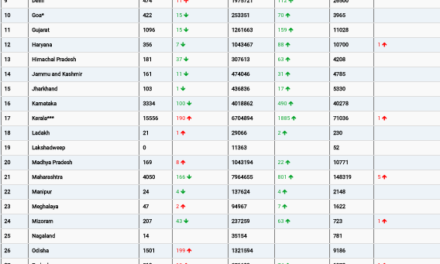
Robust global evidence on refugee and migrant health is essential to shape inclusive policies and actions. Yet, a lack of high-quality, comparable data across countries and over time regarding these populations challenges good policy development. This is according to the World Health Organization, the Permanent Mission of Luxembourg to the United Nations (UN) in New York, the International Organization for Migration, the International Federation of Red Cross and Red Crescent Societies, the UN Foundation, the Permanent Mission of Colombia to the UN in New York, and the UN High Commissioner for Refugees, who hosted a key event on the occasion of the Seventy-Seventh Session of the United Nations General Assembly.
To secure political engagement on robust evidence for refugee and migrant health, a high-level event was held on 20 September 2022 in New York. The event gathered governments, international organizations, academia, and civil society organizations to take stock of the progress made globally, and to inform the way forward.
Migration and displacement are on the rise. From 1990 to 2020, the total number of international migrants increased from 153 million (2.9% of the global population) to 281 million (3.6% of the global population). In 2022, the number of forcibly displaced persons, within and across borders, has already surpassed 100 million.
Ensuring the right to health for all, including refugees and migrants, and achieving universal health coverage (UHC) requires inclusive health system policies, plans and interventions that are rooted in and address well-documented health needs.
This is of particular interest as key stakeholders endeavor to monitor and review international policy frameworks and agreements. These include the 2019 Political Declaration on UHC, to be discussed in 2023; the health-related Objectives of the Global Compact for Safe, Orderly and Regular Migration, reviewed last May during the International Migration Review Forum; the Global Compact on Refugees, to be discussed in 2023 at the Global Refugee Forum; and the 2019 WHO Global Action Plan “Promoting the health of refugees and migrants” that will be under consideration at May 2023 World Health Assembly.
Over the past years, countries and international organizations committed to take action to promote refugee and migrant health, including through strengthened data collection. However, as the newly launched WHO World report on the health of refugees and migrants demonstrates, critical gaps remain in data and health information systems regarding the health of these particularly at-risk populations. These gaps hamper the development and implementation of inclusive policies that are informed by sound evidence on their health status and needs, as well as their access to and utilization of health services in countries of origin, transit, and destination.
Policies that are informed by sound evidence are essential to effectively understand and address the factors that influence the health and well-being of people on the move and meet their health needs through effective care planning and delivery. To achieve that, data should be disaggregated by clearly defined migratory status, be systematically collected, and be representative of the target populations.
Bridging the data gap will enable decision-makers to understand and respond to public health challenges that occur within their borders and meet global objectives such as the Sustainable Development Goals.











